2025-2026 Early Modern Literature (1650-1850)
$715.00
A year-long in-depth study of Early Modern English literature. Each work will be fully placed in its historical, philosophical, literary, and imaginative context. CS Lewis said that it’s the duty of the reader to read the Great Books like the original audience ; otherwise we cannot understand what we are reading. This takes work because we come to these texts with modern assumptions that we are largely unaware of. Therefore our first task as readers is to learn how to read these books like the original audience.
In my classes, I prefer to teach students how to think deeply and engage thoughtfully with the book we read together. Therefore, I deliberately limit the number of works covered in the class. This allows students to read slowly and truly contemplate what they are reading, rather than rushing through huge reading lists with very little understanding—or enjoyment. Alexander Pope famously wrote, “A little learning is a dangerous thing. Drink deep, or taste not…” We drink very deeply.
Students (especially those who are not as Humanities oriented) respond very well to the less is more approach. It is a true delight to watch their confidence and excitement build as they begin to truly understand and enjoy intimidating old books.
This class is primarily a class in learning how to read well. Therefore, there are only two small writing assignments–a midterm and a final. These are two short essays which allow a student to express his or her experience of reading and demonstrate an attentive and thoughtful reading of the text.
Asynchronous Option: Students have access to the streaming videos of the course to watch on their own time plus the LIVE Canvas Discussion forum for a full year. Asynchronous students may also submit a midterm and final and receive a grade for the course. The classes are not discussion based and instead focus on the skill and art of reading well. Many students even prefer the asynchronous option because they can pause and rewind when taking notes. (Live students also have access to the course videos to rewatch for note-taking).
Book List:
- Paradise Lost by John Milton (I recommend an annotated edition. Penguin puts out a good one)
- Metaphysical Poets Unit (Poems are provided)
- Gulliver’s Travels by Jonathan Swift (St. Ignatius Press Edition)
- Neo-classical Poets Unit (Poems are provided)
- Pride and Prejudice by Jane Austen (St. Ignatius Press Edition)
- Romantic Poets Unit (Poems are provided)
- American Romantics Unit (Stories are provided)
- Frankenstein by Mary Shelley (St. Ignatius Press Edition)
NOTE: SIBLING SEATS MUST BE MANUALLY ADDED TO YOUR CART AFTER ENTERING SIBLING INFORMATION: https://houseofhumaneletters.com/product/2025-2026-sibling-seat-early-modern-literature/
The live section of Early Modern Literature is currently full. If you would like to join the waitlist, you can fill out the form at the link below. If you would like to sign up for the asynchronous version, but remain on the waitlist for a live spot, you may do so.
Live Early Modern Literature Waitlist Form: https://forms.gle/imV7kiyfJVSch8ts9
Description
A year-long in-depth study of Early Modern English literature. Each work will be fully placed in its historical, philosophical, literary, and imaginative context. CS Lewis said that it’s the duty of the reader to read the Great Books like the original audience ; otherwise we cannot understand what we are reading. This takes work because we come to these texts with modern assumptions that we are largely unaware of. Therefore our first task as readers is to learn how to read these books like the original audience.
In my classes, I prefer to teach students how to think deeply and engage thoughtfully with the book we read together. Therefore, I deliberately limit the number of works covered in the class. This allows students to read slowly and truly contemplate what they are reading, rather than rushing through huge reading lists with very little understanding—or enjoyment. Alexander Pope famously wrote, “A little learning is a dangerous thing. Drink deep, or taste not…” We drink very deeply.
Students (especially those who are not as Humanities oriented) respond very well to the less is more approach. It is a true delight to watch their confidence and excitement build as they begin to truly understand and enjoy intimidating old books.
This class is primarily a class in learning how to read well. Therefore, there are only two small writing assignments–a midterm and a final. These are two short essays which allow a student to express his or her experience of reading and demonstrate an attentive and thoughtful reading of the text.
Asynchronous Option: Students have access to the streaming videos of the course to watch on their own time plus the LIVE Canvas Discussion forum for a full year. Asynchronous students may also submit a midterm and final and receive a grade for the course. The classes are not discussion based and instead focus on the skill and art of reading well. Many students even prefer the asynchronous option because they can pause and rewind when taking notes. (Live students also have access to the course videos to rewatch for note-taking).
Book List:
- Paradise Lost by John Milton (I recommend an annotated edition. Penguin puts out a good one)
- Metaphysical Poets Unit (Poems are provided)
- Gulliver’s Travels by Jonathan Swift (St. Ignatius Press Edition)
- Neo-classical Poets Unit (Poems are provided)
- Pride and Prejudice by Jane Austen (St. Ignatius Press Edition)
- Romantic Poets Unit (Poems are provided)
- American Romantics Unit (Stories are provided)
- Frankenstein by Mary Shelley (St. Ignatius Press Edition)
Additional information
| Class Time | Wednesdays, 2:30pm-4:00pm ET, Asynchronous |
|---|

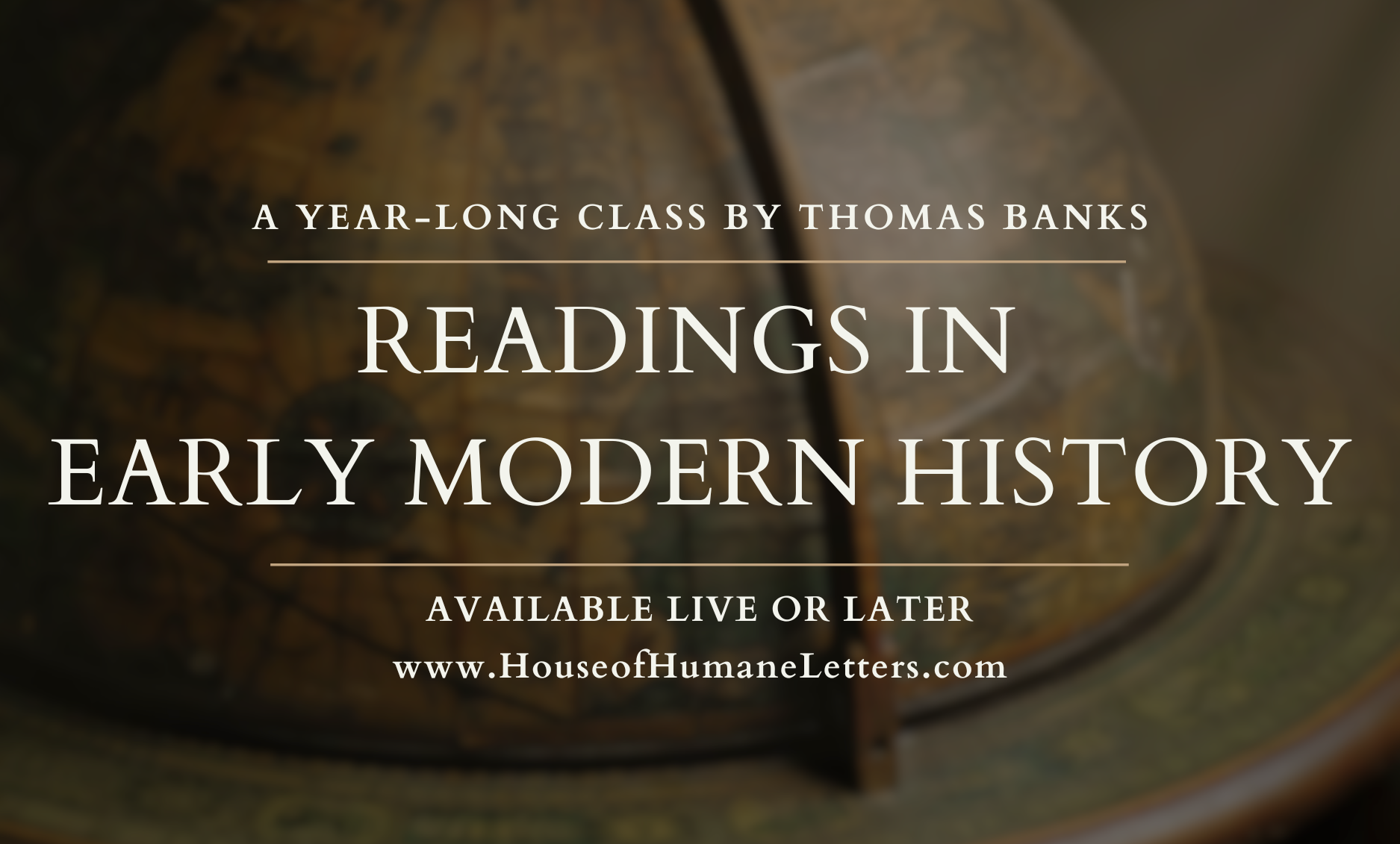

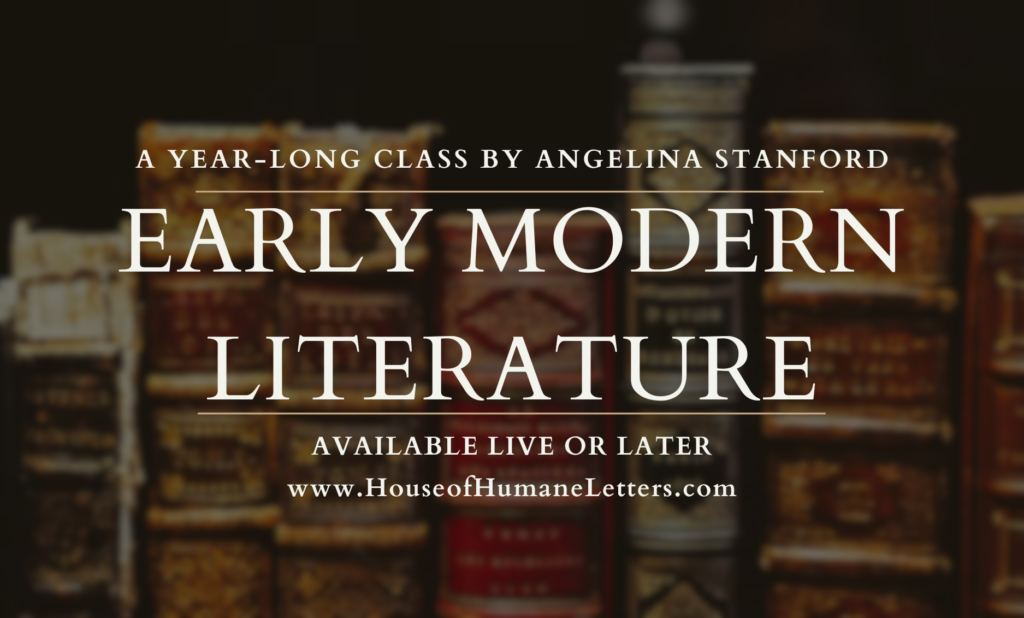
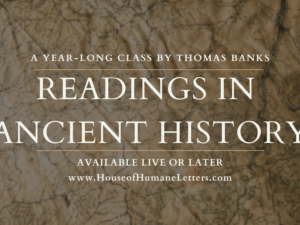
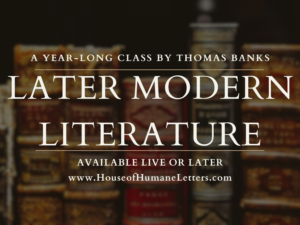
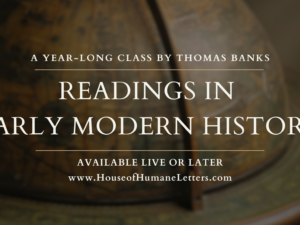
Reviews
There are no reviews yet.